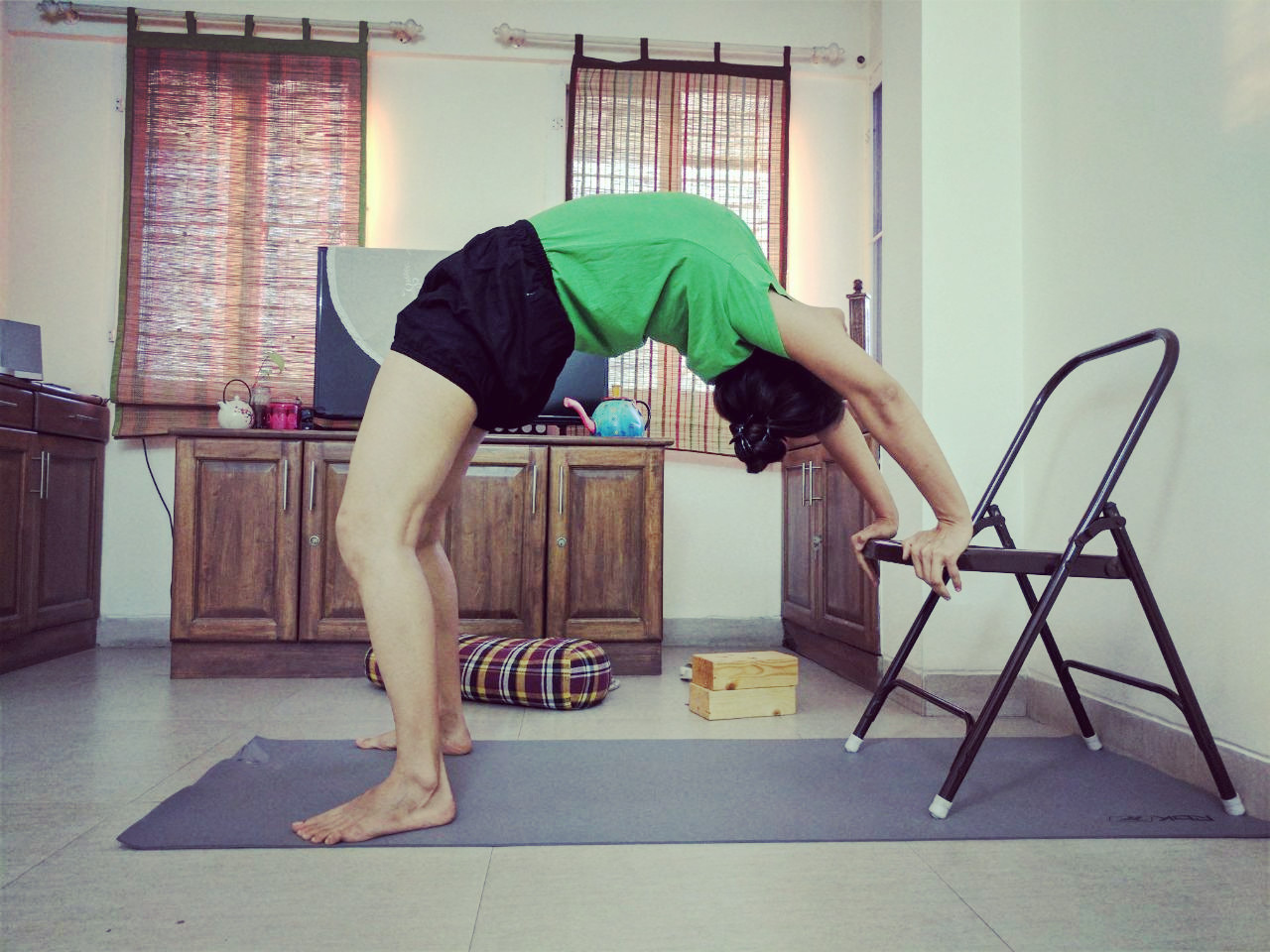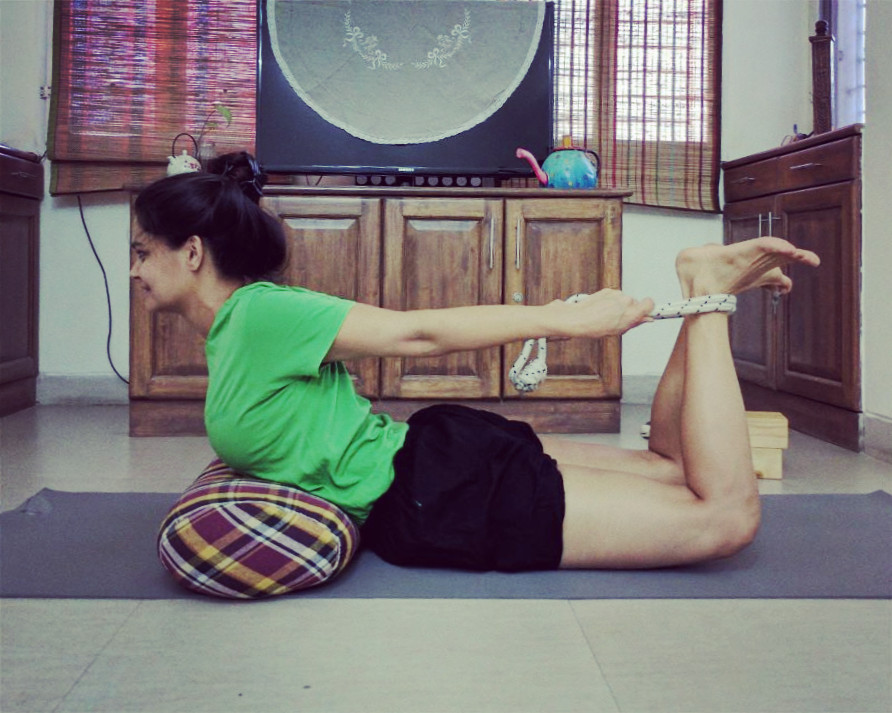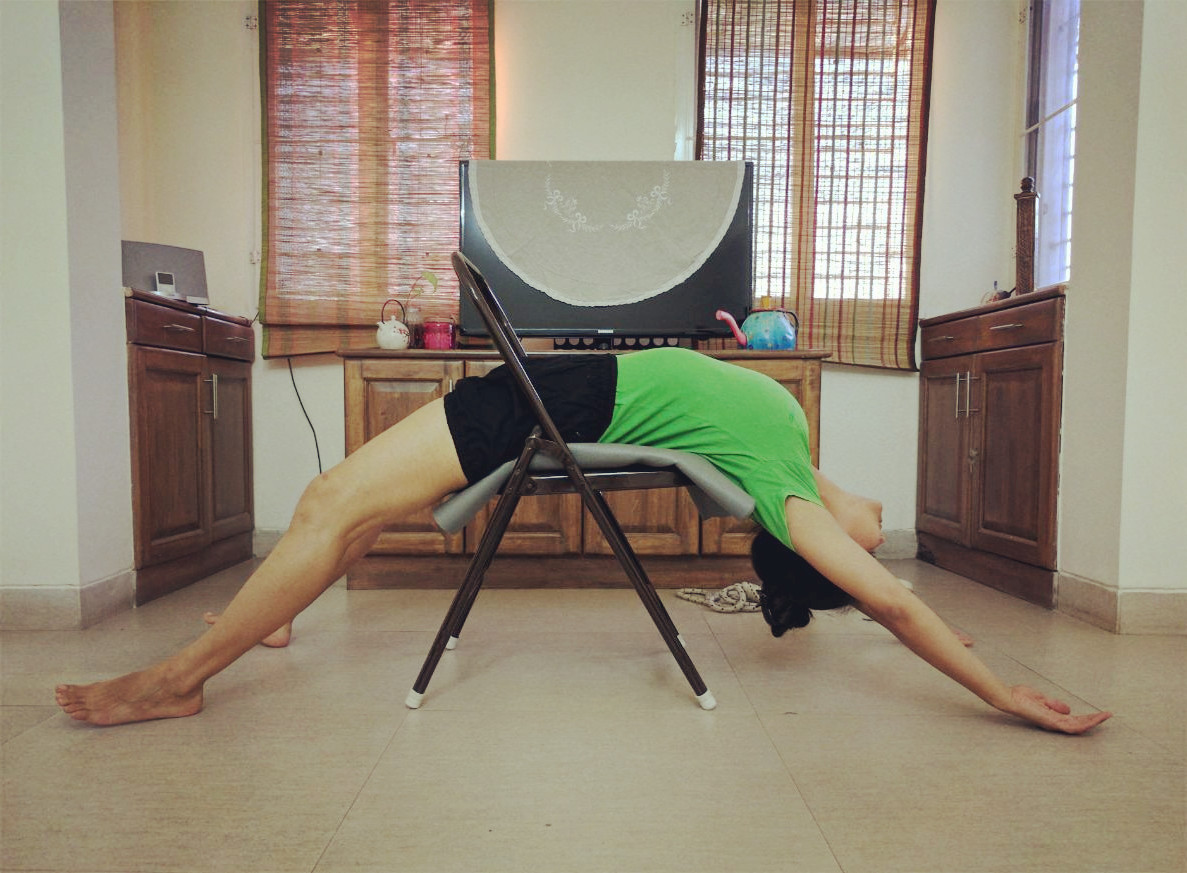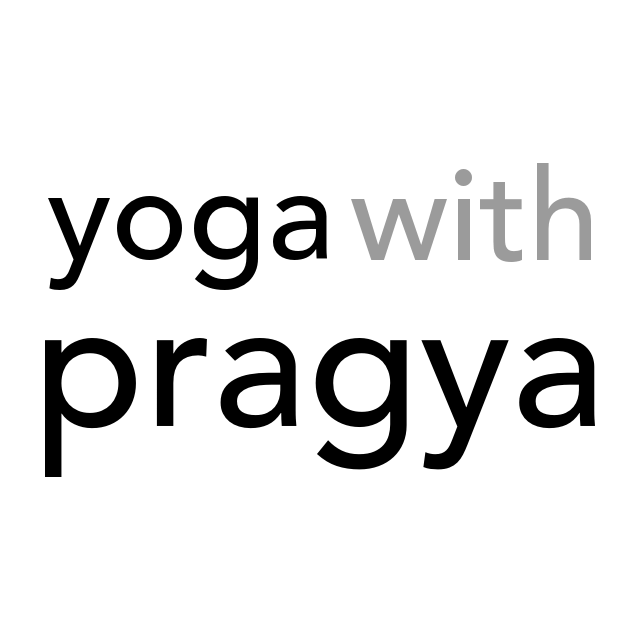
Blocks and belts have become a permanent fixture in most yoga classes. If you are into this practice for the long term it might be helpful to invest in a few props right now. For me props are indispensable and I use them daily. Some I use more than others.
Mat – There are many different kinds of mats I use depending on what I’m practicing. I have a thick mat for when I need to practice the Halasana or any other pose where I feel I need some cushioning.
Most Iyengar teachers call your regular yoga mat the ‘sticky mat’. I own two sticky mats and I’ve had them forever. One stays in my car and the other one I use for my personal practice. And I’ve had these mats for over 5 years now. I think the best thing to do for your yoga mat is to wash it regularly and hang it out to dry. The stickiness somehow gets replenished and they are as good as new. Someone gave me this tip during my teacher’s training and I’ve recommended this to others. I haven’t heard any complaints from anyone (yet).
Floor – I think it was in a Manouso Manos workshop that I heard that the floor is your first prop. It gives you a solid foundation. It stays strong during your standing, seated, prone or inverted asanas. A clean, uncluttered surface looks inviting. In my teacher’s class it’s a clay floor. When it’s really hot I sometimes practice on the cool bare floor. In my house I get the floor cleaned every day so that I have a fresh palette to play on daily.

Wall – I started practicing the Adhomukha Vrikshasana in Pune last year. I continued to practice it at home and have steadily moved away from the wall. When it comes to some asanas – like handstand or the headstand – you need to determine when you are ready to move away from the wall. In this way, the wall helps you in exploring yourself and taking risks, but at the same time staying available for you always, should you need it.
Blocks – My first blocks were foam ones that I got as part of a ‘yoga set’. Foam blocks work well when you’re just using them for minimal support. However, when I’m working on chest opening or the Setubandhasana, I prefer the sturdier wooden variety.
Chair – during my last retreat I shared a personal story about the Viprita Dandasana. Basically, I would have a horrible reaction to this pose. I would feel queasy, my heart would start racing and I would start sweating profusely in only 20 seconds. When I went to RIMYI last year the dreaded asanas was part of a the women’s only class. I resigned myself to 2 minutes of queasiness. But I was pleasantly surprised. The way Gulnaz explained the asana was so clear and concise and it opened up the asana for me. It was one of my biggest takeaways from my time there last year. An asana (or a problem) can seem unsurmountable until someone guides you correctly.

Blanket – When I think of blankets I think of softness. I use my blanket under me when I do forward folds.
Ropes – I use these daily. Because I do traction for my back daily. Because you should do traction for your back daily. Because everyone should do traction for their back daily.
Belt – I use belts mainly when I need to work on shoulder opening in various asanas. In fact, watch this video illustrating an easy shoulder opening trick using the belt. Also, as most of my students know, I almost always use belts in the final relaxation.
Props ALWAYS enhance your practice. I know a lot of people think that they don’t ‘need’ props. I used to think so too, but I now feel that if you utilise your props well then you uncover nuances of the asanas that you wouldn’t otherwise.
Leave me a question if you have one!

